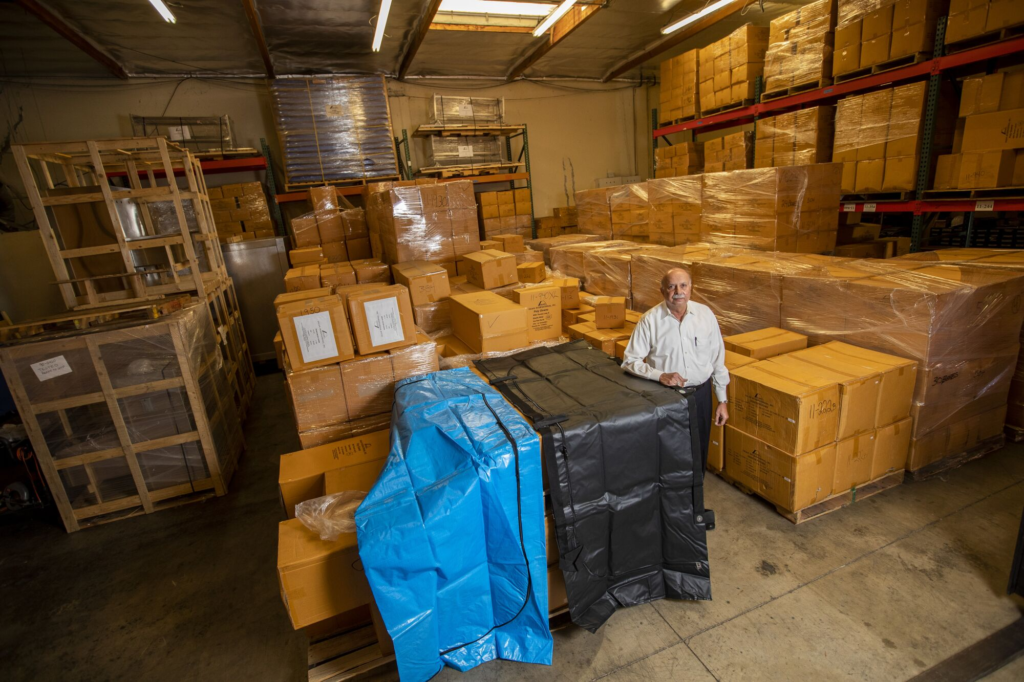The Evolution of Body Bags: Ensuring Dignity, Safety, and Efficiency

Body bags play a critical role in various industries, including healthcare, disaster management, and forensic science. These specialized bags are designed to ensure the dignified handling and transport of deceased individuals, while also addressing safety and logistical considerations. In this article, we will explore the evolution of body bags, highlighting their importance, features, and advancements that have transformed the way we handle and manage remains in a respectful and efficient manner.
- Dignity and Respect:
Maintaining the dignity of the deceased is of utmost importance when handling and transporting human remains. Body bags are designed to provide a respectful and dignified solution, allowing for the careful placement and containment of the deceased. They are typically made from strong, opaque materials that maintain privacy and prevent any visual exposure. The construction and design of body bags ensure that the deceased is handled with the utmost care and respect, even in challenging or emergency situations. - Biohazard Containment:
One crucial aspect of body bags is their ability to contain biohazardous materials. In cases where infectious diseases, hazardous chemicals, or other potential risks are present, body bags are engineered to minimize the risk of exposure and transmission. They are typically made from impermeable materials that prevent the escape or entry of fluids, pathogens, or odors. This feature protects both the individuals handling the bags and the environment, ensuring the safety of all involved. - Logistical Efficiency:
Efficiency in handling and transporting human remains is vital, particularly during emergencies or mass casualty incidents. Modern body bags are designed with various features to facilitate efficient and organized processes. Handles and straps are incorporated to ease lifting and carrying, while secure closures prevent any accidental openings. Some body bags also feature transparent windows or ID tags for easy identification and tracking. These advancements improve workflow and coordination, enabling a more streamlined and organized approach in managing human remains. - Customization for Different Purposes:
Body bags come in various sizes and configurations to meet specific needs and purposes. Different industries, such as healthcare, disaster management, and forensic science, may require specialized body bags tailored to their unique requirements. For example, disaster management may necessitate large-capacity body bags to handle multiple remains, while forensic science may require transparent body bags for evidence preservation. The customization options allow for flexibility and adaptability in addressing diverse situations and ensuring the appropriate handling and storage of human remains. - Environmental Considerations:
With growing concerns for the environment, the development of eco-friendly body bags has gained traction. Some manufacturers offer body bags made from biodegradable materials, reducing their long-term impact on the environment. These eco-friendly options provide a more sustainable alternative while maintaining the essential features and functionality required for the dignified handling of human remains.
Body bags have evolved significantly to meet the complex needs of various industries involved in the dignified handling, transport, and storage of human remains. With a focus on dignity, safety, and efficiency, modern body bags incorporate features such as biohazard containment, logistical efficiency, and customization options. Advancements in design and materials ensure that the deceased are treated with respect, while also safeguarding the well-being of those handling the bags. As we move forward, the development of eco-friendly options further aligns body bag solutions with sustainability considerations. Body bags continue to play a crucial role in facilitating the dignified and safe management of human remains, contributing to the well-being and professionalism of the industries that rely on them.